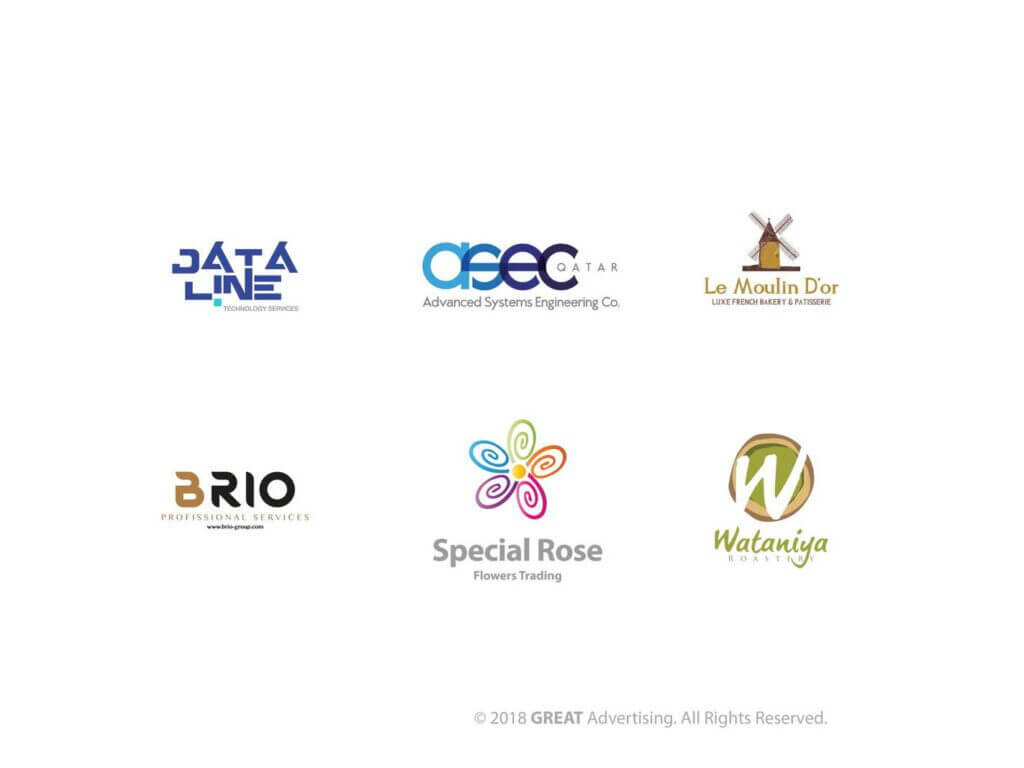When you consider all the factors involved in building a business, creating a logo may not seem like your top priority.
“Maybe we don’t even need a logo.” Said a small voice in my heart. Don’t listen to that voice. it’s all wrong Your logo, along with high-quality products and positive links, is an important part of building a successful brand. So what’s the point of a logo? Because it attracts attention, makes a strong first impression, serves as the basis for your brand identity, is memorable, differentiates you from competitors, drives brand loyalty and is expected by your target audience.
Focus on Customer attention spans are very short these days.
Today, companies have about two seconds to convince potential customers that their products are worth considering. Enter your sign here.
Logos communicate your company’s core values in an interesting way that can quickly grab the attention of your viewers. The short attention span when customers judge your business by appearance can be advantageous if you have a strong logo.
Make a good first impression
You only get one chance to get it right. The logo is the first point of contact between the customer and the company. A well-crafted design can grab your audience’s attention and help you learn more about your company. If not, you’re marginalizing your potential customer base and effectively disrupting your business.
(It’s a joke.)
This is your chance to immediately announce ownership of the product you sell or the niche you dominate. Can you catch women’s basketball better? Is your financial advice particularly helpful for sole traders? A logo makes your company stand out in the industry right from the start.
It is the foundation of your brand identity
Simply put, successful branding means telling a story that resonates with consumers. Logo design is only one part of a company’s brand, but it is the foundation of the brand’s entire history. Colors, tones, and fonts are determined by the story you want to tell, and your logo is the foundation of that story.
Wonderful
Your logo guides the horse (your target audience) to the water (your company). The logo serves as an identifier. It is a symbol that customers use to recognize your brand. Ideally, you want people to see your logo and instantly associate memories of what your company does and, more importantly, how it feels. Because a good logo is visually appealing, it creates a positive brand memory that cannot be achieved with a company name alone.
In fact, some of your audience may forget your company name (don’t take it personally, it’s human nature), but they will immediately associate your logo with their brand memory.
Differentiate yourself from your competitors
Dare to stand out with your sign because it tells customers what makes your company unique. Sure, there are 50 other coffee shops in your town, but yours is the only one dedicated to sustainability, and your green, earthy sign reinforces that message. A well-designed company sign, using the right icon or font, can communicate everything from your company’s background (professional, casual, fun) to its mission statement (entertainment, efficiency, and innovation).
In other words, your logo communicates your value and serves as a platform to show customers why you’re better than your competitors. • Logos encourage brand loyalty.
As your brand grows, your sign will become more recognizable to a wider audience, giving the impression of being trustworthy and approachable. Consider: When you’re shopping for sportswear and find Nike sweatpants with perforations, you’re ready to buy. Why? Because when you wear Nike, you know you’re doing well. Nike is a brand you can trust. A well-designed logo inspires trust and in turn leads to brand loyalty.
The public expects
When they see your brand association, the first thing they look for is your logo. It’s present in all marketing materials, including business cards, flyers, advertisements and more. It should be prominently displayed. Without a logo (especially one that stands out), you’re missing an opportunity to create a memorable business for your target audience.
